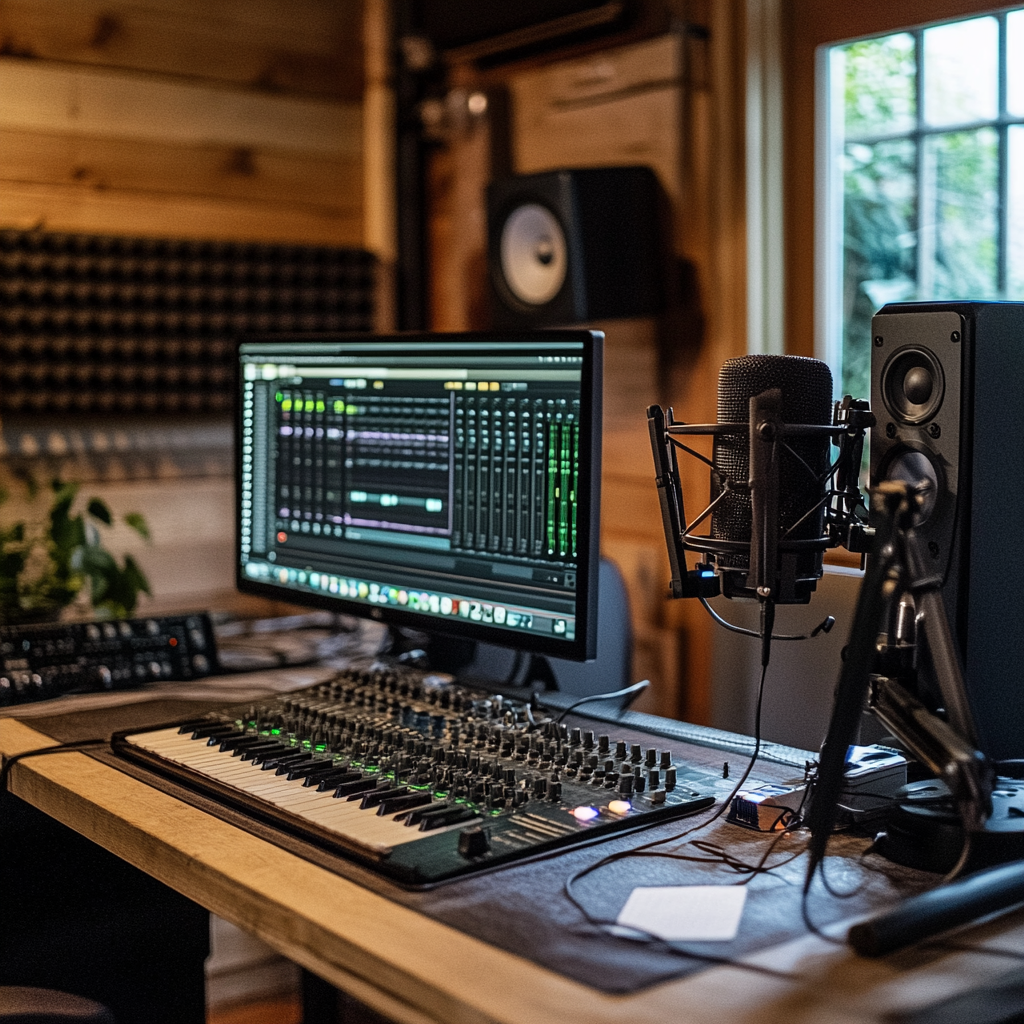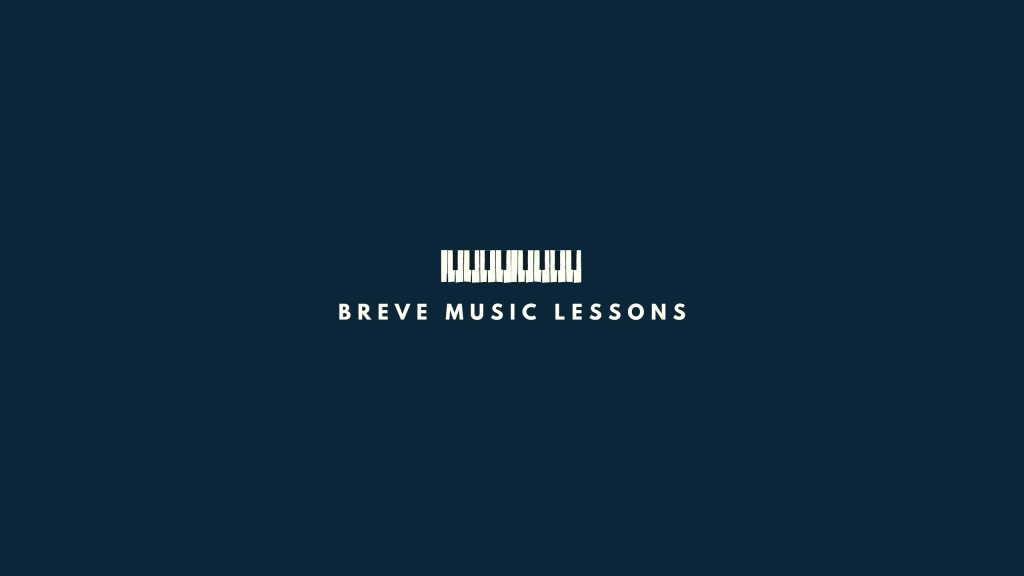Table of Contents
How To Start A Music Podcast: A Step-by-Step Guide
Starting a music podcast can be an exciting venture for any music lover. Whether you want to share your passion for a specific genre, interview artists, or discuss trends in the music industry, a podcast can be a powerful platform to express your creativity. This step-by-step guide will walk you through everything you need to know to successfully launch your own music podcast, from choosing the right equipment to marketing your episodes effectively.

How To Start A Music Podcast?
Essential Podcast Equipment for Beginners
To start a music podcast, you will need some essential podcast equipment that ensures high audio quality. At a minimum, you will require a good microphone, headphones, and a computer with audio recording software. A quality microphone is crucial because it captures your voice clearly, which is vital for engaging your audience. USB microphones are a great choice for beginners as they are easy to use and affordable. Additionally, investing in a pop filter can help reduce unwanted noise and improve the overall sound quality of your podcast recording.
Choosing the Right Microphone for Your Podcast
When selecting a microphone for your podcast, consider the type of music you will be discussing and the format of your podcast episodes. Dynamic microphones are often preferred for voice recording due to their durability and ability to reject background noise, making them ideal for home studios. On the other hand, condenser microphones are more sensitive and can capture a broader range of frequencies, which might be beneficial if you plan to include music clips in your episodes. Ultimately, the right microphone will depend on your specific needs and budget, but it is essential to prioritize audio quality to create a successful music podcast.
Software and Tools to Record Your Podcast
Once you have your microphone set up, the next step is to choose the right software to record your podcast. There are various options available, ranging from free to paid software. Programs like Audacity and GarageBand are excellent for beginners looking to start a podcast for free, as they offer user-friendly interfaces and essential editing tools. If you are willing to invest in more advanced software, Adobe Audition and Logic Pro provide professional-grade features that can enhance your podcast recording. Regardless of your choice, ensure that the software you select allows you to export your audio files in a format suitable for podcast distribution.
How to Choose a Podcast Topic for Your Music Podcast?
Identifying Your Target Audience as a Music Lover
Before you dive into creating content, it’s crucial to identify your target audience. Understanding who your listeners are will help you tailor your podcast topic to their interests. Are they fans of a specific genre, or do they enjoy a variety of music styles? Conducting surveys or engaging with potential listeners on social media can provide valuable insights into what they want to hear. By knowing your audience, you can create a podcast that resonates with them, increasing the chances of growing your podcast and keeping listeners engaged.
Finding Unique Angles for Your Podcast Episodes
To stand out in the crowded world of music podcasts, it’s essential to find unique angles for your podcast episodes. Consider exploring lesser-known artists, diving deep into the history of a specific genre, or discussing the impact of music on culture. You could also feature interviews with local musicians or industry professionals to provide exclusive insights. By offering fresh perspectives, you can attract a dedicated audience eager to tune in to your new podcast episodes.
Researching Trends in Music Podcasting
Staying informed about current trends in music podcasting can help you refine your podcast topic and keep your content relevant. Listen to successful music podcasts to understand what works and what doesn’t. Pay attention to popular themes, episode formats, and listener engagement strategies. By researching trends, you can adapt your podcast to meet the evolving interests of your audience, ensuring that your content remains fresh and engaging.
How to Start Recording Your Podcast?
Setting Up Your Recording Space
Creating an optimal recording space is vital for achieving high audio quality in your podcast episodes. Choose a quiet room with minimal background noise and consider soundproofing options, such as acoustic panels or heavy curtains, to reduce echo. Ensure that your recording area is well-lit and comfortable, as this will help you feel at ease while recording. Additionally, organize your equipment and have everything within reach to streamline the recording process.
Tips for Recording High-Quality Podcast Episodes
When you’re ready to record your podcast, keep a few tips in mind to ensure high-quality audio. Speak clearly and at a consistent volume, and try to maintain a conversational tone to engage your listeners. It’s also helpful to do a test recording before your actual episode to check the audio quality and make any necessary adjustments. If you plan to include music clips, ensure you have the proper licenses to avoid copyright issues. By focusing on audio quality and delivery, you can create a podcast that captivates your audience.
Editing Your Podcast for a Professional Finish
Editing is a crucial step in the podcasting process that can significantly enhance the overall quality of your episodes. Use your chosen software to trim any unnecessary content, remove background noise, and adjust audio levels for consistency. Adding music or sound effects can also elevate your podcast, but be mindful of copyright regulations. A well-edited podcast not only sounds professional but also keeps listeners engaged, making them more likely to share your podcast with others.
How to Market and Grow Your Music Podcast?
Effective Podcast Marketing Strategies
Once you have recorded and edited your podcast, it’s time to promote your podcast to reach a wider audience. Start by creating a compelling podcast title and artwork that reflects your podcast’s theme. Utilize podcast directories to submit your podcast, making it easier for potential listeners to discover your content. Additionally, consider creating a website or blog to host your episodes and provide additional resources for your audience. Engaging with your listeners through newsletters or exclusive content can also help build a loyal community around your podcast.
Utilizing Social Media to Share Your Podcast
Social media platforms are powerful tools for promoting your podcast and connecting with your audience. Share snippets of your podcast episodes, behind-the-scenes content, and engaging visuals to attract listeners. Platforms like Instagram, Twitter, and Facebook allow you to interact with your audience, gather feedback, and create a buzz around your podcast. Encourage your listeners to share your podcast on their social media, which can significantly increase your reach and help grow your podcast.
Collaborating with Other Podcasters to Expand Your Reach
Collaborating with other podcasters can be an effective way to expand your reach and introduce your podcast to new audiences. Consider guest appearances on other music podcasts or inviting fellow podcasters to join you for a discussion. These collaborations can provide fresh content and expose your podcast to listeners who may not have discovered it otherwise. Building relationships within the podcasting community can lead to valuable partnerships that benefit all parties involved.
How to Distribute Your Podcast on Platforms like Spotify?
Understanding Podcast Distribution Channels
To ensure your podcast reaches a broad audience, it’s essential to understand podcast distribution channels. Popular platforms like Spotify, Apple Podcasts, and Google Podcasts are key players in the podcasting landscape. Each platform has its submission guidelines, so familiarize yourself with these requirements to successfully submit your podcast. Additionally, consider using a podcast hosting service that simplifies the distribution process and provides analytics to track your podcast’s performance.
Submitting Your Podcast to Spotify and Other Platforms
Submitting your podcast to Spotify is a straightforward process that involves creating a Spotify for Podcasters account and following their submission guidelines. Ensure that your podcast artwork meets their specifications and that you provide accurate information about your podcast title and description. Once submitted, your podcast will be available to millions of Spotify users, significantly increasing your potential audience. Don’t forget to submit your podcast to other directories as well to maximize your reach.
Tracking Your Podcast Growth and Listener Engagement
After launching your podcast, it’s crucial to track your growth and listener engagement to understand what resonates with your audience. Most podcast hosting platforms provide analytics that show how many people are listening, where they are located, and which episodes are the most popular. Use this data to refine your content strategy, focusing on topics that generate the most interest. Engaging with your audience through surveys or social media can also provide valuable feedback, helping you to continuously improve your podcast and keep your listeners coming back for more.
Additional Reading
More blog posts can be found here. Consider following Breve Music Lessons on Facebook.
